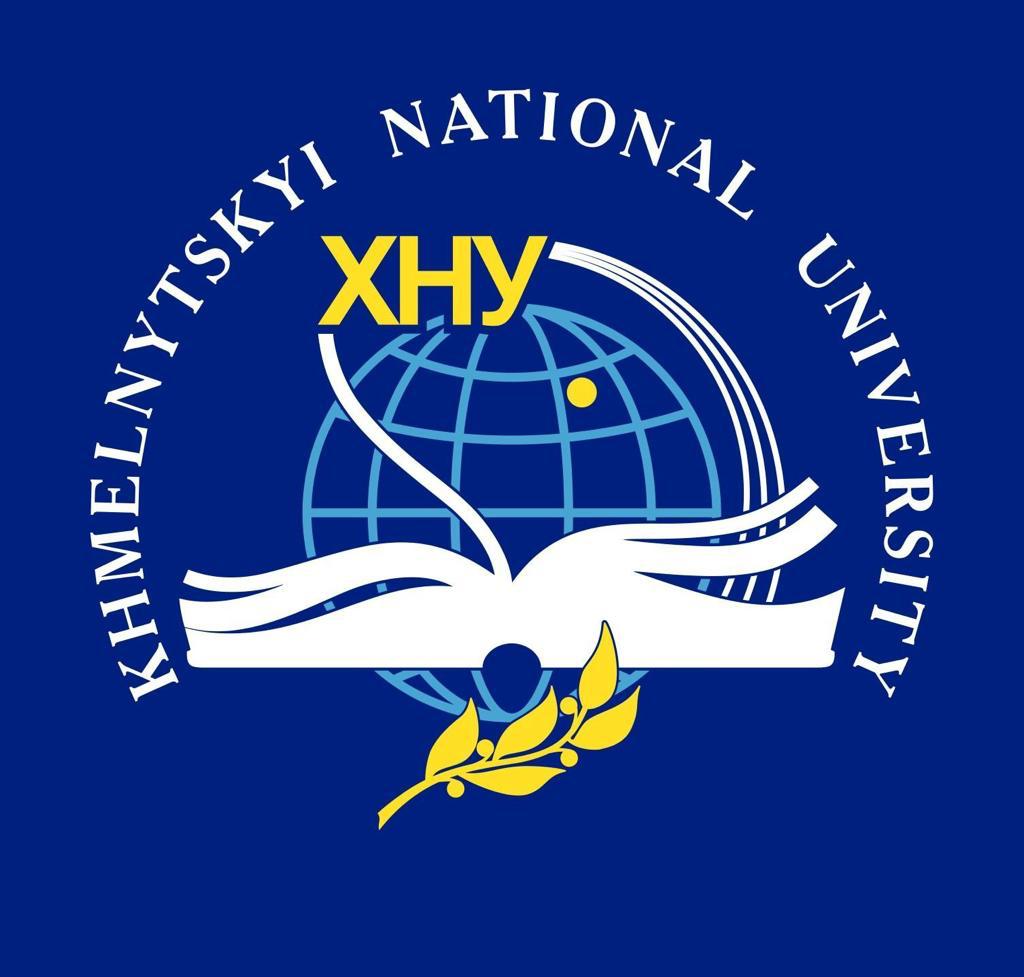COMPREHENSIVE PROGRAM OF ADAPTIVE PHYSICAL CULTURE FOR ELDERLY WOMEN
DOI:
https://doi.org/10.31891/pcs.2025.1(1).9Keywords:
individualization, adaptive physical culture, physical activity, elderly women, means, factors, quality of life, social adaptationAbstract
A pressing problem of modern society is the impact of physical activity of elderly people in the context of their functional capabilities, which decrease with age. A person must constantly adapt to the conditions of functioning at all stages of his own life. With age and the natural decrease in the working capacity of individual organs and systems of the body, a person’s adaptive capabilities gradually deteriorate. However, today it is not fully understood to what extent the loss of these capabilities is an integral feature of aging, and to what extent it depends on changes in lifestyle, including physical activity. The assumption that the existing level of physical activity is extremely important for effective adaptation to different operating conditions seems to be quite reasonable. During the aging process, many pathophysiological changes occur in the human body that limit its functional capabilities. This period of human life is associated with a gradual decrease in physical working capacity, frequent cases of disability and concomitant chronic diseases. The purpose of the study is to theoretically and practically substantiate a comprehensive program using adaptive physical culture tools, which involves determining socio-psychological adaptation, psychological state and assessment of the quality of life of elderly women. Methods: theoretical analysis and generalization of data from scientific and methodological literature, pedagogical testing, questionnaires, methods of mathematical statistics. Elderly women need balanced physical activity to maintain health and creative longevity, taking into account their psychophysical characteristics and needs, aimed at stopping the processes of premature aging. The theoretical significance of the study lies in expanding and deepening knowledge about the content and methodology of physical culture and health-improving classes, the periods of classes with elderly women are characterized. The essence, goal, objectives and means of adaptive physical culture as factors of physical activity and improving the quality of life of women of this category are determined.
References
Hryban G. P., Opanasyuk F. G. Theory of adaptation and regularities of its formation in the process of physical education. Problems of education and training. Bulletin of the State Academic Academic University of Ukraine. 2000. No. 1. P. 210 – 218
Gakman A. Problems of organizing recreational and health activities in the leisure structure of the elderly. Bulletin of the Precarpathian University. Series: Physical Culture. 2017. P. 25-26.
Hakman A, Medved A, Moseychuk Y, Muzhychok V. Analysis of features of motivational priorities to recreation and recreational activities of different groups of people. Physical Education, Sports and Healhts in Modern Society : Collected Research Papers of Lesya Ukrainka Eastern European National University. 2017. №2(38). P. 85-90.
Hakman A, Andrieieva O, Kashuba V, Omelchenko T, Carp I, Danylchenko V, et al. Technology of planning and management of leisure activities for working elderly people with a low level of physical activity. Journal of Physical Education and Sport. 2019. №6. P. 2159-2166.
Andrieieva O, Hakman A, Kashuba V, Vasylenko M, Patsaliuk K, Koshura A, et al. Effects of physical activity on aging processes in elderly persons. Journal of Physical Education and Sport. 2019. №4. P.1308-1314.
Duditska S.P., Gakman A.V. The role of recreational games in leisure time of the elderly. Sports Bulletin of the Dnieper Region: Scientific and Practical Journal. 2019. No. 1. P. 25-30.
Duditska S. Motives and types of recreational and health activities of the elderly. Bulletin of the Precarpathian University. Series: Physical Culture. 2019. No. 31. P. 45-49.
Downloads
Published
How to Cite
Issue
Section
License
Copyright (c) 2025 Світлана ДУДІЦЬКА, Лариса ГУЛІНА, Шандор КОВАЧ

This work is licensed under a Creative Commons Attribution 4.0 International License.





